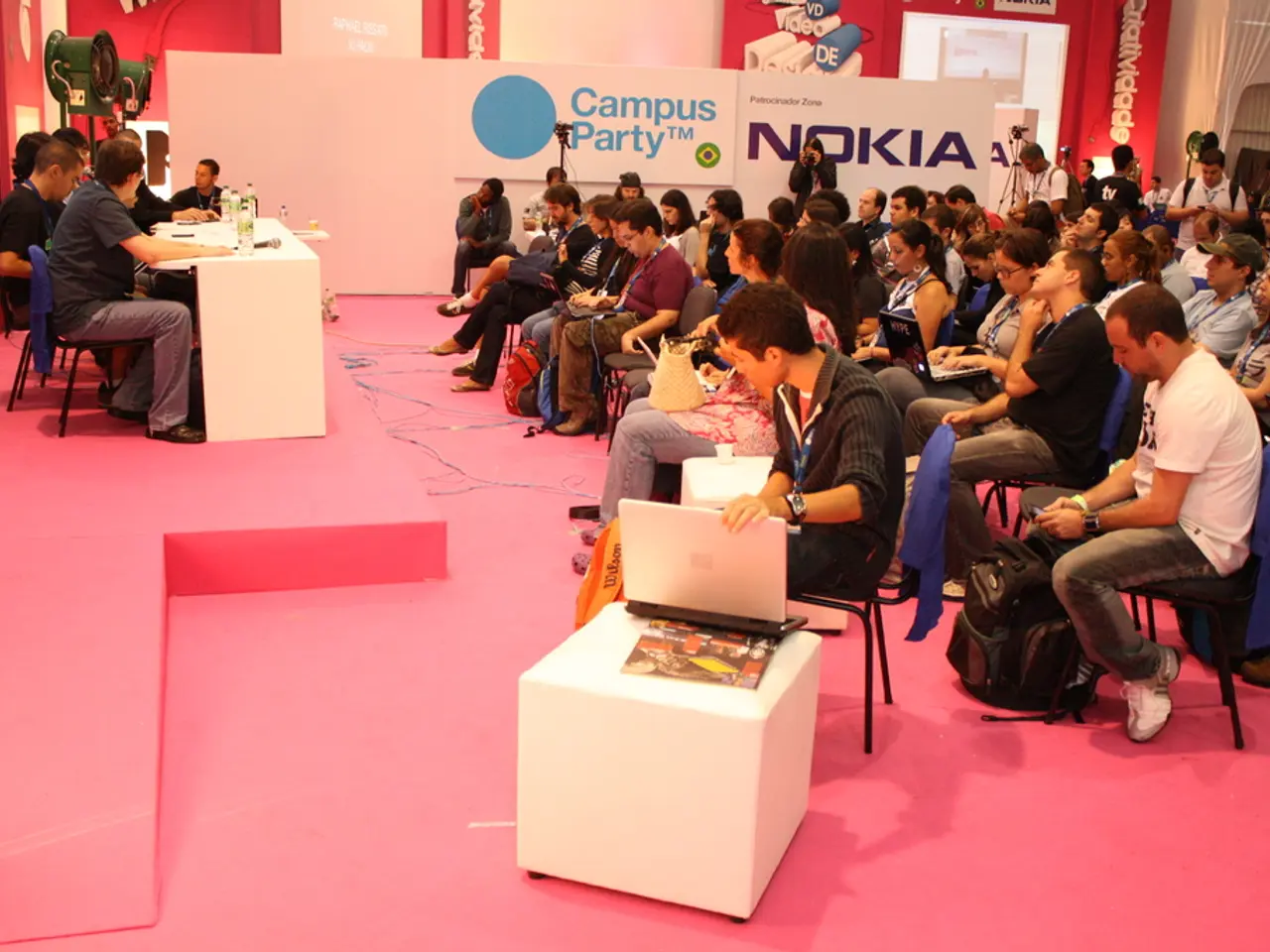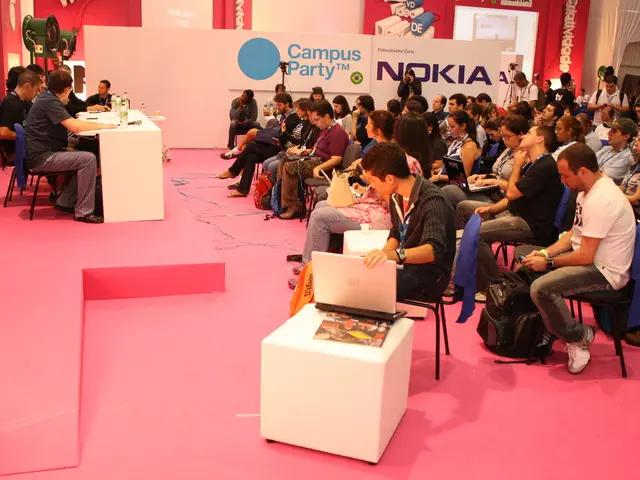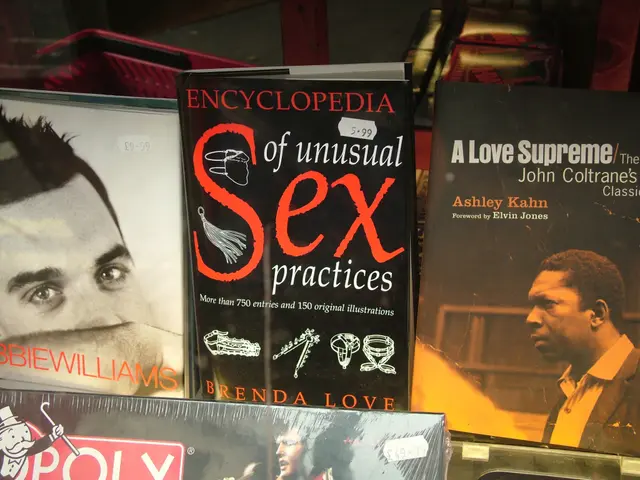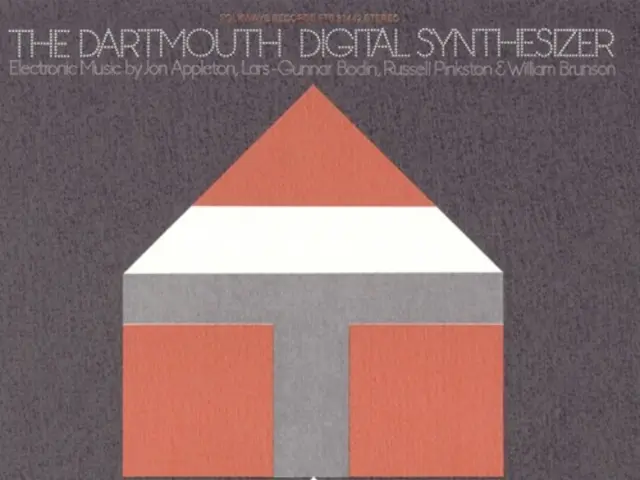Criticizes dealings involving Julia Ruhs by a media psychologist
In the heart of the ongoing debate about public broadcasting in Germany, media psychologist Jo Groebel has expressed his concerns over the handling of the Julia Ruhs case by the Norddeutscher Rundfunk (NDR). Groebel, a long-time supporter of public broadcasting, believes that latent opinion dissemination in public broadcasting can be problematic. He is particularly critical of the NDR's decision to release Ruhs from her moderation contract, which has sparked a significant uproar and accusations of the broadcaster being too left-wing.
The case of Ruhs, host of the show 'Klar', has become an accelerator in the escalation of a long-standing debate about public broadcasters. The background to the uproar is the accusation that public broadcasters are overall too left-wing. The person behind the criticism of the NDR's decision includes various NDR colleagues who allegedly orchestrated an ideologically motivated intrigue against Ruhs due to her perceived conservative stance, as well as politicians across party lines who publicly criticized the NDR's decision, including Left Party leader Katina Schubert (Reichinnek).
Groebel is concerned about the lack of sensitivity within the NDR towards the mood in parts of the country. He believes that the NDR should have communicated their reasons for their controversial decision, as the lack of response is criticised by Groebel as not being clever, either on a communicative or editorial level.
Moreover, the media psychologist is worried that the Julia Ruhs case might point to a structural problem with public broadcasters. However, he hopes and believes otherwise. He expresses concern that the NDR's actions could create suspicions about the public broadcasting system.
The AfD is eager to capitalise on the Julia Ruhs case, and many pots are being stirred. However, the comparison between the Julia Ruhs case and the cancellation of Jimmy Kimmel's show in the US is tempting but structurally different, as the US deals with direct state intervention in broadcasting power.
Groebel is flooded daily with hateful, intolerable comments about public broadcasters on Facebook. Despite this, he remains a friend of public broadcasting and advocates for a more transparent and inclusive approach in its operations. He suggests that the momentum has already been missed, and any explanation coming now might be cleverly phrased but still leaves a stain on the NDR's reputation.
The NDR has not yet provided an explicit justification for using other moderators in the future. Groebel's criticism of the NDR for their handling of Ruhs' show is a call for the broadcaster to address these concerns and restore public trust in its impartiality and fairness.
Read also:
- United States tariffs pose a threat to India, necessitating the recruitment of adept negotiators or strategists, similar to those who had influenced Trump's decisions.
- Weekly happenings in the German Federal Parliament (Bundestag)
- Southwest region's most popular posts, accompanied by an inquiry:
- Discussion between Putin and Trump in Alaska could potentially overshadow Ukraine's concerns






